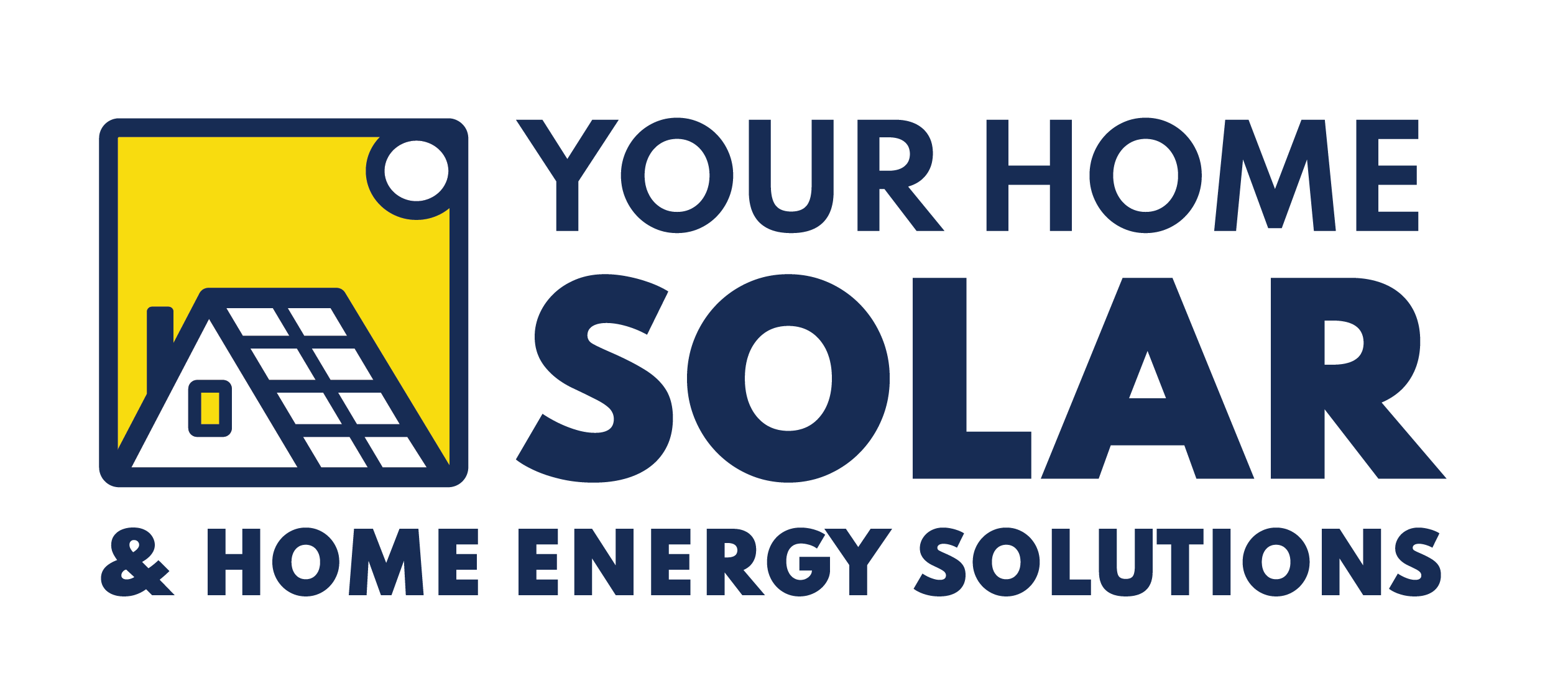Environmental Impact of Solar Energy
Solar energy is quickly becoming a key player in the transition to sustainable living. As more and more homeowners consider switching to this renewable source of energy, it’s crucial to understand the environmental impact of solar power. In this comprehensive guide, Your Home Solar will delve deeper into how solar energy helps reduce our carbon footprint, how it compares to traditional energy sources, and the lifecycle of a solar panel.
How Solar Reduces Carbon Footprint
A carbon footprint refers to the total amount of greenhouse gases, including carbon dioxide and methane, that are emitted into the atmosphere as a result of human activities. Greenhouse gases are the main drivers of global warming and climate change, and the energy sector is one of the largest contributors to these emissions.

Understanding Solar Financing Options
Emission-Free Energy Production
Reduction in Fossil Fuel Use
Solar panels allow homeowners to generate their own electricity right on their property. The more solar-generated electricity you use, the less you need to rely on the grid, which is primarily powered by fossil fuels. This helps to reduce overall demand for fossil fuel energy and the carbon emissions associated with it.
It’s worth noting that while there are emissions associated with the production and installation of solar panels, research shows that solar systems typically ‘pay back’ the energy used in their production within 1-4 years of operation, after which they continue to generate net-positive clean energy.
Comparison of Solar to Traditional Energy Sources in Terms of Environmental Impact
Fossil Fuels
Solar Energy
In contrast, solar energy is a clean, renewable source of power. Solar panels produce electricity by harnessing sunlight, a process that emits no greenhouse gases and doesn’t deplete any limited resources. While the production of solar panels does have some environmental impact, it is considerably lower than the impact of continued reliance on fossil fuels.
Lifecycle of a Solar Panel (From Manufacturing to Recycling)
1
Production
2
Usage
3
End of Life
If you’re ready to explore the potential of solar energy for your home, Your Home Solar is here to guide you every step of the way. As East Tennessee’s trusted solar energy expert, we can provide you with a free inspection and estimate to help you start your solar journey.
Empower Your Home with Solar Energy in East Tennessee!
Your Home Solar offers an incredible opportunity to empower your home with clean, renewable solar energy. Contact us today for a free consultation.
